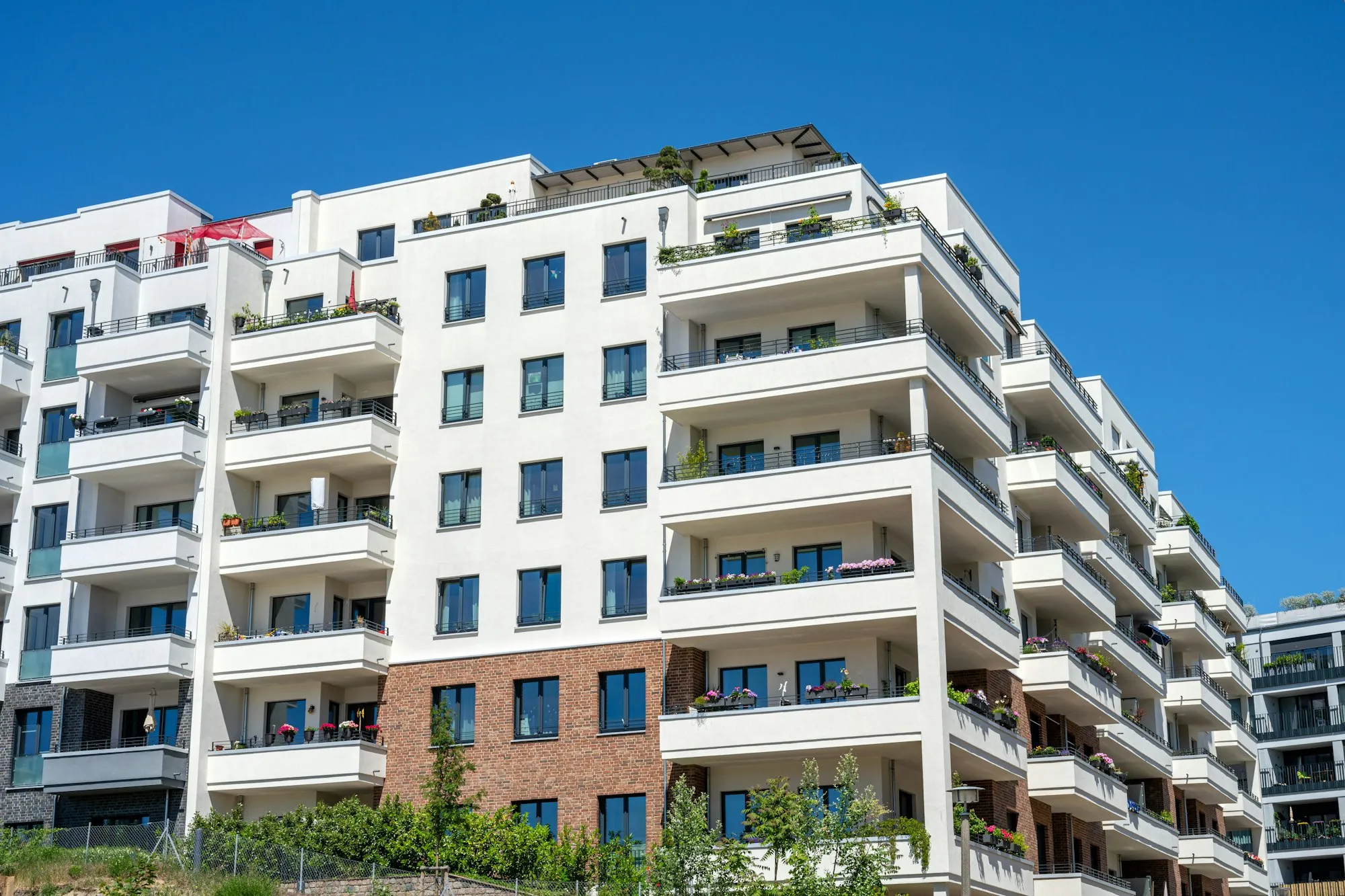Discover how community management works to foster a community where residents feel connected, heard, and motivated to actively participate. This guide will walk you through the pivotal role management plays in encouraging resident engagement, using simple, engaging, and conversational tones to make complex ideas easily understandable.
Understanding Resident Engagement
Resident engagement goes beyond basic participation; it’s about creating a sense of belonging and community. Striving for active contribution to decision-making processes and community involvement requires more than simply ensuring that residents stay informed. After all, residents tend to be happier, more satisfied, and more supportive when they feel enthusiastic about their community.
Fostering an inclusive, welcoming community benefits the well-being of all its residents. Strong communities are built on the foundation of positivity; when people love their living environment, they are driven to contribute to its success.
Leadership Sets the Tone
Establishing a strong culture for resident engagement begins with leadership. When the management team approaches communication from a place of open transparency, they set a clear example— vibrant engagement with community life is not only encouraged, but expected.
It’s crucial for management to visibly participate in community activities and to remain approachable to residents. Diligently listening to resident feedback and responding to resident input is a great start. By demonstrating a commitment to community values and inviting residents to take an active role in shaping their environment, management can foster a culture of mutual respect and cooperation.
Strategies to Enhance Communication
Effective communication promotes high levels of resident engagement. Management can implement various strategies to encourage communication, such as holding regular community meetings and sending community-wide newsletters. Digital platforms are another avenue for ease of communication, allowing information to be shared between residents and management.
Through a robust feedback system, management can address issues promptly, ensuring residents feel valued and understood. Empowering residents to express their concerns and ideas builds a foundation of trust, further strengthening the community’s sense of solidarity and engagement.
Creating Inclusive and Engaging Activities
Inclusive and engaging activities are a key aspect to promote resident engagement. Creating activities that appeal to a wide range of interests and abilities ensure that each resident feels invited to participate. From fun-filled social gatherings to community-building career opportunities, these events can drastically heighten your community’s sense of belonging.
Involving residents in the planning of activities is the first step management should take. Allowing them a direct role in community life and a sense of ownership leads to more personalized and enjoyable activities that accurately represent the interests of the community.
Leveraging Technology to Facilitate Engagement
Technology is a powerful tool for connection in today’s world. Digital platforms such as dedicated community apps, social media groups, and online forums can help facilitate resident engagement by increasing communication and collaboration among residents and management.
Not only can technology communicate important feedback, but management can also gather resident input through surveys, polls, and feedback forms. This approach makes participation more accessible for everyone, particularly for residents who may not be able to attend in-person meetings and activities.
Empowering Residents through Participation
Providing residents with opportunities and platforms to voice their opinions, share their ideas, and contribute in a meaningful way empowers them to take an active role in their community. Everyone wants to feel like they can make a difference; when resident involvement has a tangible impact, engagement levels soar.
Creating committees or working groups on various topics can be an effective way to involve residents more deeply in community life. Whether it’s event planning, sustainability initiatives, or facility improvements, these groups give residents an occasion to contribute their skills and knowledge, helping them understand their valuable role in the community.
Evaluating and Adapting Engagement Strategies
Encouraging resident engagement requires ongoing evaluation and adaptation of strategies. Management should regularly assess the efficacy of their engagement practices, gathering input from residents on what’s working and what stands to be improved. This continuous loop of feedback and adjustment ensures that engagement strategies remain relevant and impactful.
Adapting to changing needs and preferences is crucial for keeping residents engaged over time. Whether it’s reconsidering communication methods, introducing new technologies, or developing new community activities, management’s willingness to evolve plays a key role in sustaining a lively and engaged community.
Making a Difference Through Management
Management is a driving force behind flourishing resident engagement. From creating a strong community culture to providing the necessary tools and resources, management has the unique ability to encourage an environment where residents feel valued and connected. Applying these strategies will not only improve the quality of life for residents, but also support a stronger, more vibrant community.







